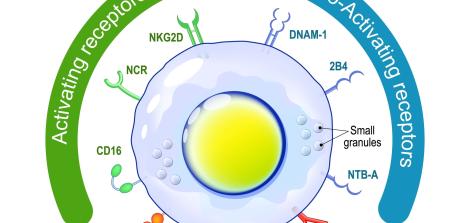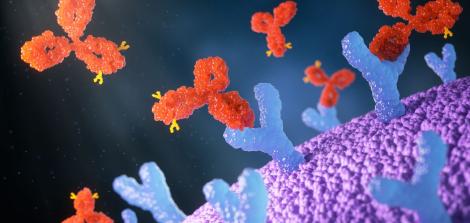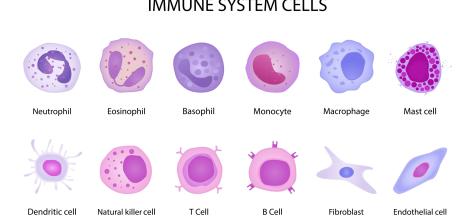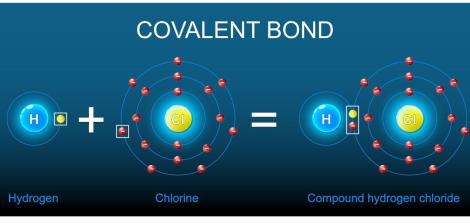Ecological Treatment for Post-Trauma

Ecological treatment for post-trauma is based on the understanding that trauma does not affect only the individual but also the circles around them—family, community, and society. For this reason, the approach doesn’t focus solely on the trauma survivor, but instead builds a wider process that includes their close and social environment to create a supportive ground for healing.
This method views the person as part of a larger system. Family members, friends, educators, colleagues, and community members all play significant roles in recovery. In such treatment, family members can receive tools to better understand traumatic reactions, reduce feelings of guilt or helplessness, and provide more effective support. At the community level, it can involve creating spaces for dialogue, shared activities, and strengthening social networks to reduce isolation.
Recovery, in this sense, is not limited to easing symptoms—it also involves rebuilding a sense of belonging, trust, and security in relationships. Ecological treatment bridges the personal and the communal, opening the door to deeper and more meaningful healing—for both the survivor and those around them. In an interview with Prof. Rachel Dekel on the Dangoor Center website, she described this ecological approach to treating post-trauma.
Last Updated Date : 05/11/2025








